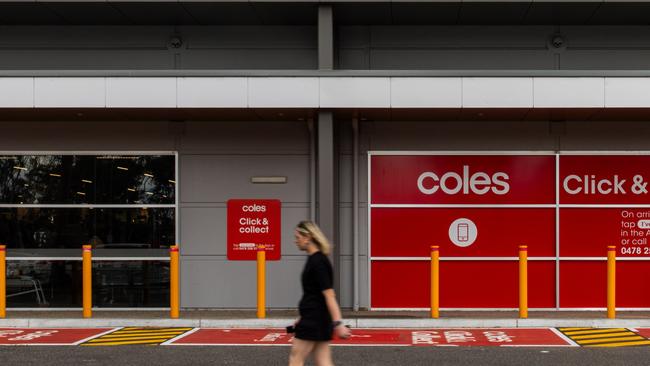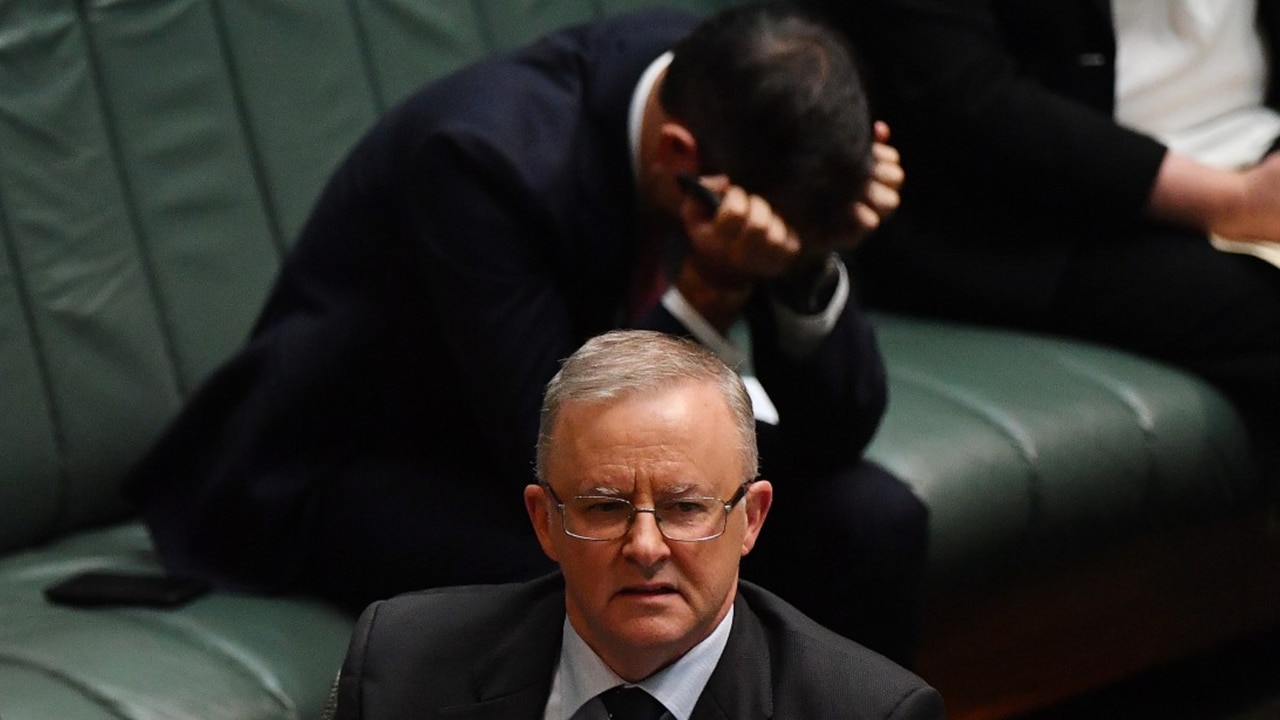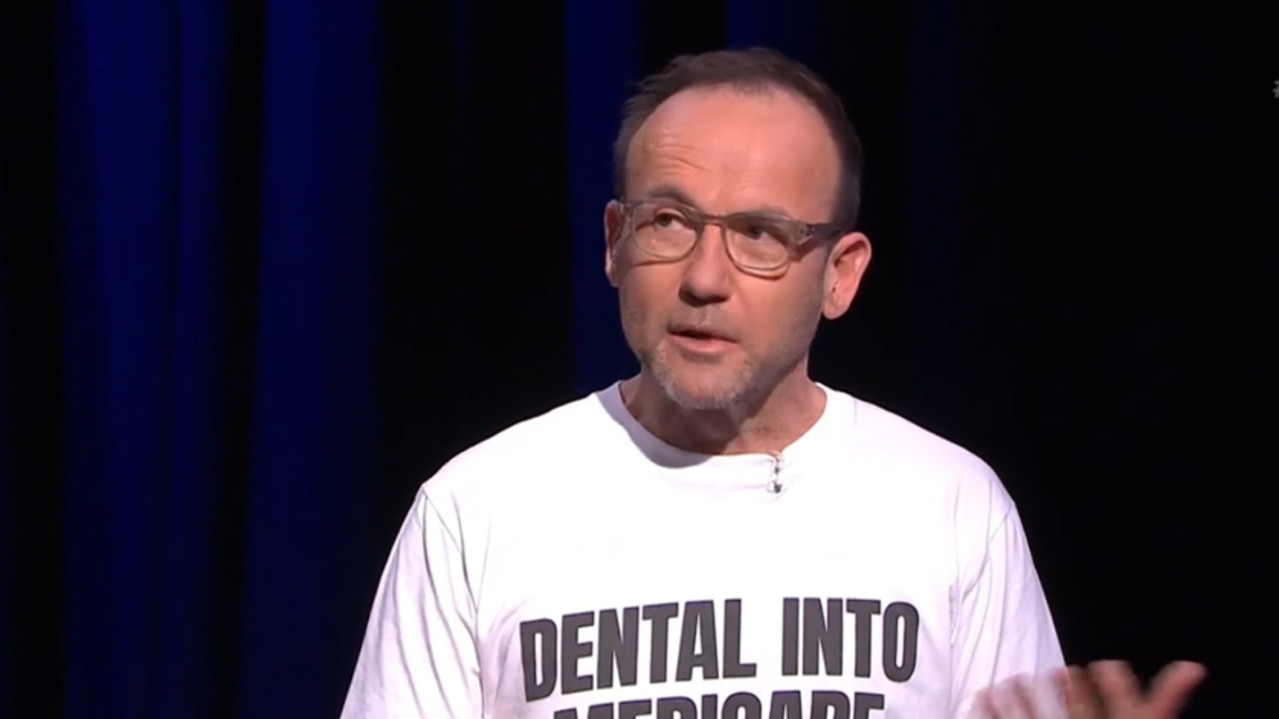
The Greens are proposing a bill to break up any business based on market power. That might sound like an attractive headline, but it does nothing to improve transparency from the farm gate to the shelf. In fact, experts who reviewed this type of legislation over many decades and multiple reviews said it would result in higher prices at the checkout.
Every Australian is feeling the cost-of-living crisis. But, in trying to fix it, we are at risk of making it worse if we don’t act carefully and based on evidence, especially for Australians in regional areas who rely on well-run businesses with the reach to bring them the food and services they need.

There is an important public discussion under way about value at the supermarket checkout, backed up with an ACCC inquiry. That’s important, as we should always look to find ways to provide more value to more Australians – whether it is at the checkout or through other means.
Our supermarkets have made it clear they welcome a discussion about the value they can provide – importantly, they also welcome a discussion about how they can do better.
And that’s why the recently proposed Greens party divestiture legislation is concerning. Put simply, it turns a positive effort to make life more affordable for Australians into something that will potentially make what we buy more costly, and harder to provide to areas outside our large cities.
Not only that, but it could also impact all businesses, of all sizes. The legislation allows the court to break up businesses by force. The Greens will tell you it is just about the supermarkets, but if you read their proposed law it is clear that it will actually capture all businesses.

Investment and jobs are at risk if a court could break up a business, given the extent of the unanswered questions this proposal raises:
How will a court decide which assets should be split off? Who can they be sold to? Who agrees the price? And, importantly, will local jobs be protected in the sale?
The short point is the powers are an impediment to businesses growing. And when businesses don’t grow, they don’t hire staff.
Not only that, but if we push for smaller, broken-up businesses we punish our regions. That’s because with a nation the size of ours, it takes extraordinary logistics effort and capabilities to get them the fresh food and specialist services they deserve.
In other words, Australia is a country with a unique need for businesses with a wider reach. And so, in a cost-of-living crisis, laws like this may make things worse.
Experts say it’s a bad idea. In the words of the Dawson Review of 2003: “Divestiture is a serious penalty to impose on any firm and would not be consistent with the concept of a proportional penalty being imposed for breaches of competition law. Not least because of the unpredictable and widespread impact any forced divestiture would have on affected companies, shareholders, employees, customers and the broader community.”
Continuing, it says: “Apart from the risk to jobs and investment, and the likelihood of a more expensive weekly shop, there would be wider impacts on communities, especially regional towns. Local farmers and manufacturers could lose supply contracts.”
Even the ACTU has pointed out that this kind of divestment is a bad idea. This isn’t about politics, or a business-first approach. It’s about common sense, and protecting Australians’ quality of life.

As has now been well noted, the cost of doing business in Australia has increased at every level. We’ve made it harder and harder for businesses to grow, hire and invest. That means we’ve also been making it harder for Australia to compete for global investment. In 2003 Australia was ranked fourth for competitiveness, but we’ve since dropped to 19th as we’ve added more and more red tape and complexity to the cost of doing business.
And so ill-considered divestment power proposals are the last thing we need in an already challenging business environment.
Yes, we should always be having conversations about how businesses and communities can work together. But our default reaction to successful, growing businesses that serve and employ huge numbers of Australians shouldn’t be to break them up.
That is why every single Australian should be getting on the phone to a Greens MP or senator.
Let them know we are not a command-and-control economy. And that is why we have done well historically. Tell them to listen to the experts, instead of chasing policy on the fly, and without any evidence. Let’s not hurt our economic future on the whims of extremists.
Bran Black is chief executive of Business Council Australia.




This week parliament will consider a new law that could increase supermarket checkout costs, rather than making them cheaper.